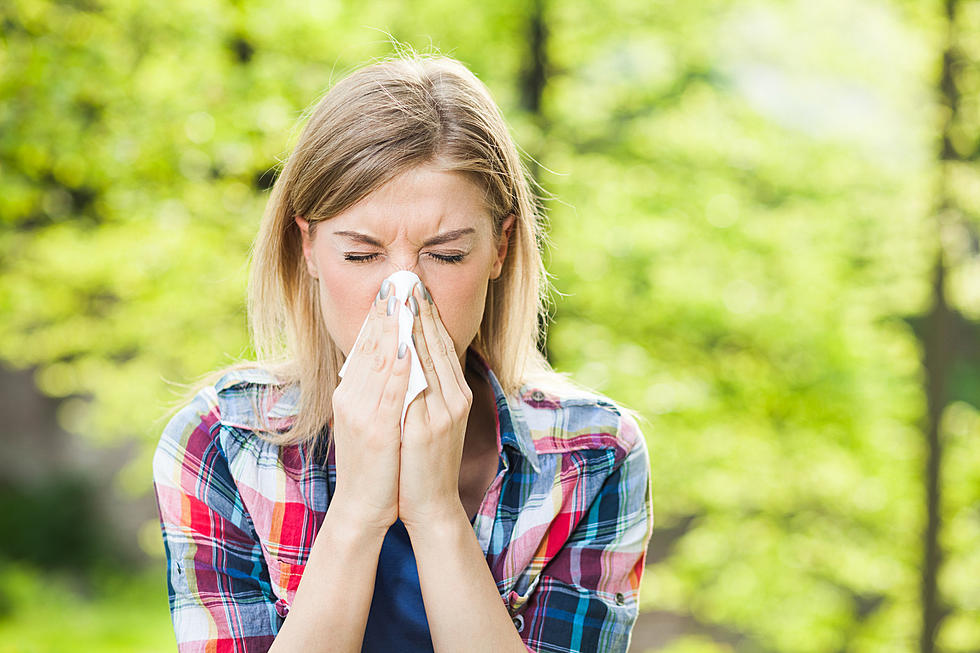
Kick Your Metabolism Into High Gear!
It’s a harsh, but true reality: as our age gets higher, it seems our metabolisms get lower. Our metabolism is the process by which our bodies convert what we eat and drink into energy. During this complex biochemical process, calories in food and beverages are combined with oxygen to release the energy our body needs to function. Basically, the higher our metabolism, the more calories we burn just sitting around. So how do we kick our slow metabolisms into high gear? These are five simple tricks most of us had no idea can boost our metabolism.
More Health Tips with Robin
- LIgorko
LIgorko 1Eat At Regular Times
The body relies on balance and regularity. Eating at consistent times may help maintain metabolic balance. Otherwise, if a person eats a lot, then goes for long periods without eating, the body may burn calories more slowly and store more fat cells. By eating at regular times, a person can reduce this tendency. Ideally, a person should eat several small meals or snacks about 3 or 4 hours apart.
- Getty Images/iStockphoto/Bojan89
Getty Images/iStockphoto/Bojan89 2Do Resistance Exercises
Strength training helps build muscle, which may increase metabolism. Muscle mass has a higher metabolic rate than fat, which means that muscle mass requires more energy to preserve. A person’s body naturally loses muscle as they age. Regular resistance training can help counteract this effect. Resistance training may involve lifting weights and doing exercises that use the weight of the body or resistance bands to build muscle.
- Fuse
Fuse 3Drink Plenty of Water
Staying hydrated is essential for the body to function at its best. Water is necessary for optimal metabolism, and it may help a person lose weight. One study found that adding 1.5 liters of water to the usual daily consumption of water reduced the average weight and body mass index in a group of overweight women aged 18–23.
- evgenyatamanenko
evgenyatamanenko 4Get Enough Sleep
When a person gets too little sleep, the body releases a hormone, ghrelin, which can make a person feel hungry. It also releases less leptin, a hormone that helps a person feel full. Getting enough sleep can help ensure that these hormones remain balanced. This can prevent a person from overeating. While the right amount of sleep varies among individuals, research suggests that adults need at least 7–8 hours per night.
- AaronAmat
AaronAmat 5Reduce Stress Levels
Stress affects hormone levels, and it can cause the body to produce more cortisol than usual. Cortisol is a hormone that helps regulate appetite. In 2011, researchers found abnormal cortisol levels in people experiencing disordered eating. Disordered eating, including dietary restraint and certain weight concerns, may lead to unhealthful eating patterns, which can disrupt metabolism. Stress is also closely related to the quality of sleep, which can influence metabolism.
More From Lite 96.9 WFPG









